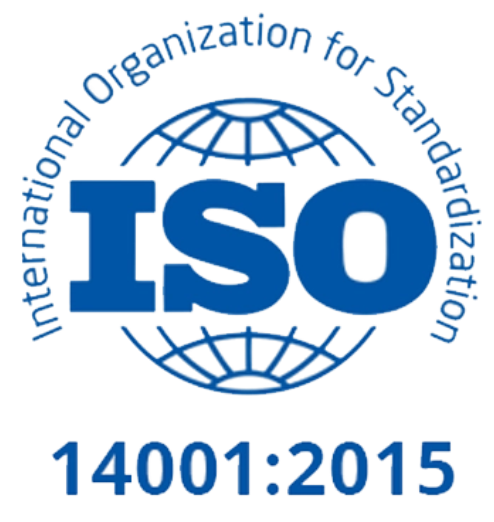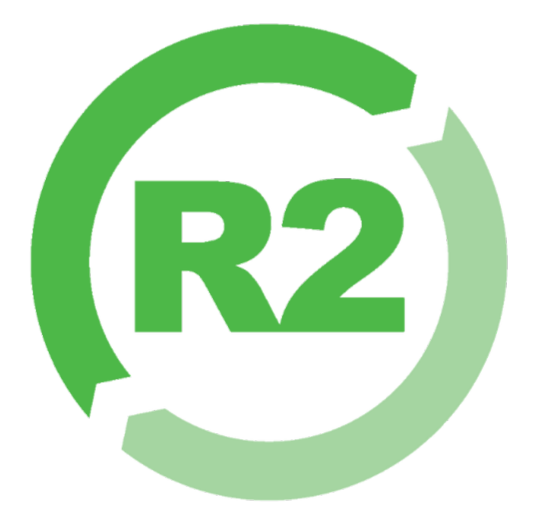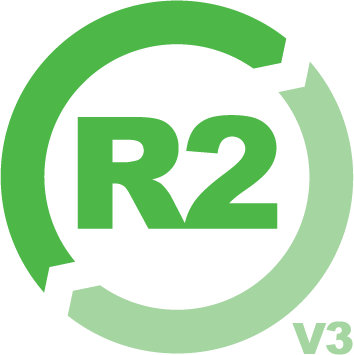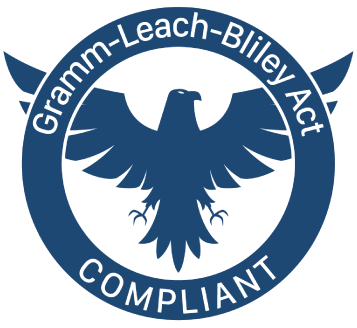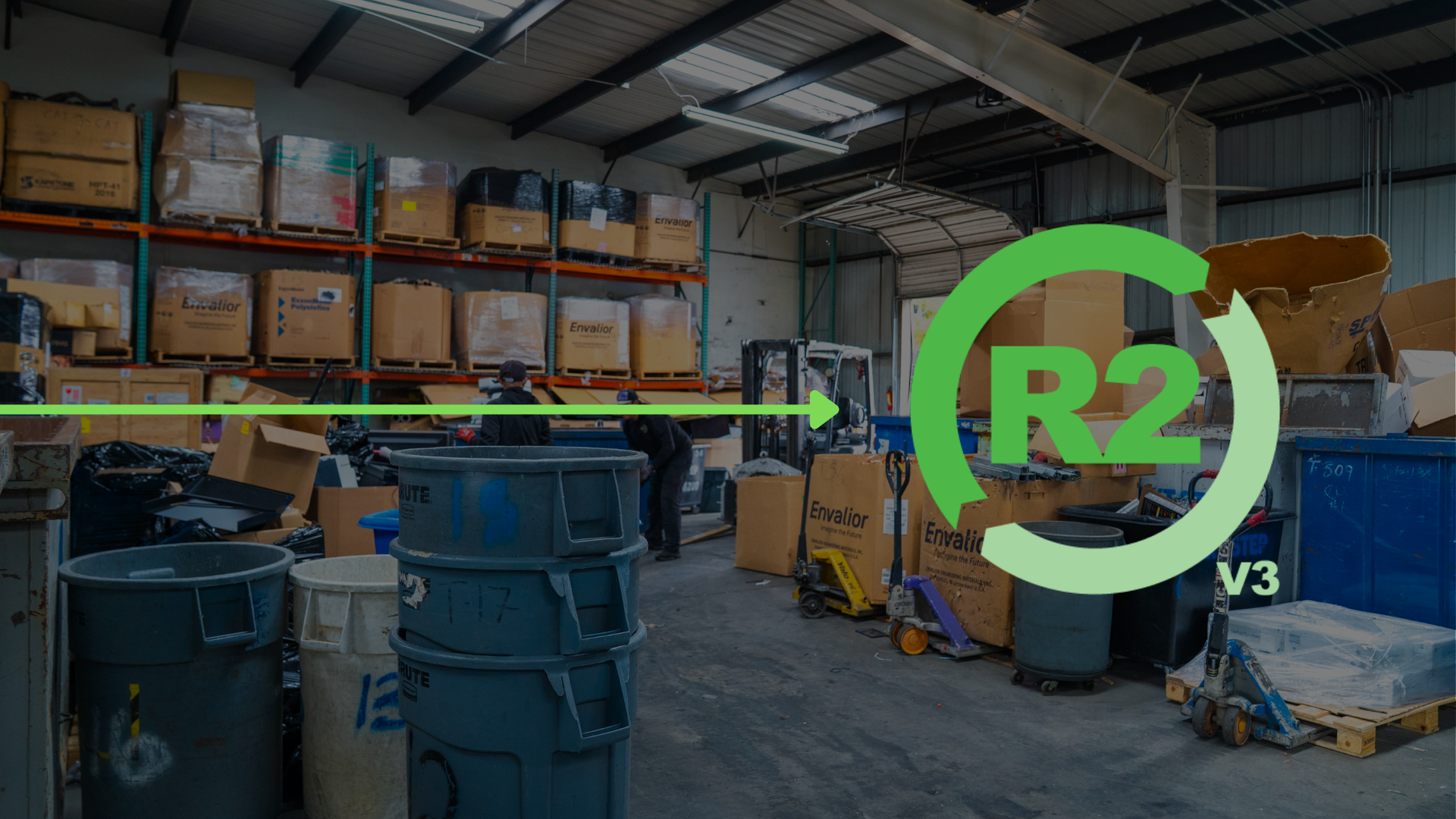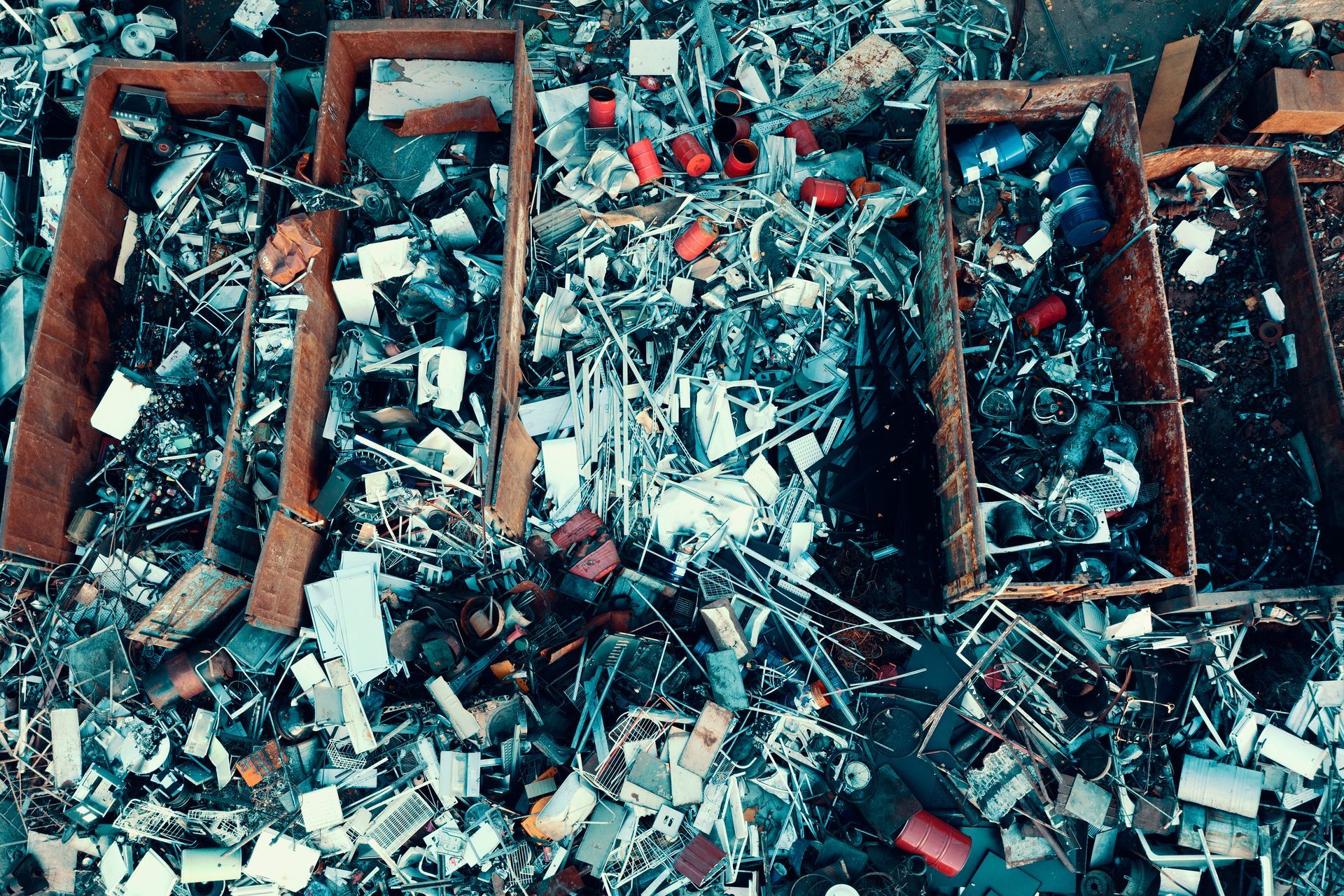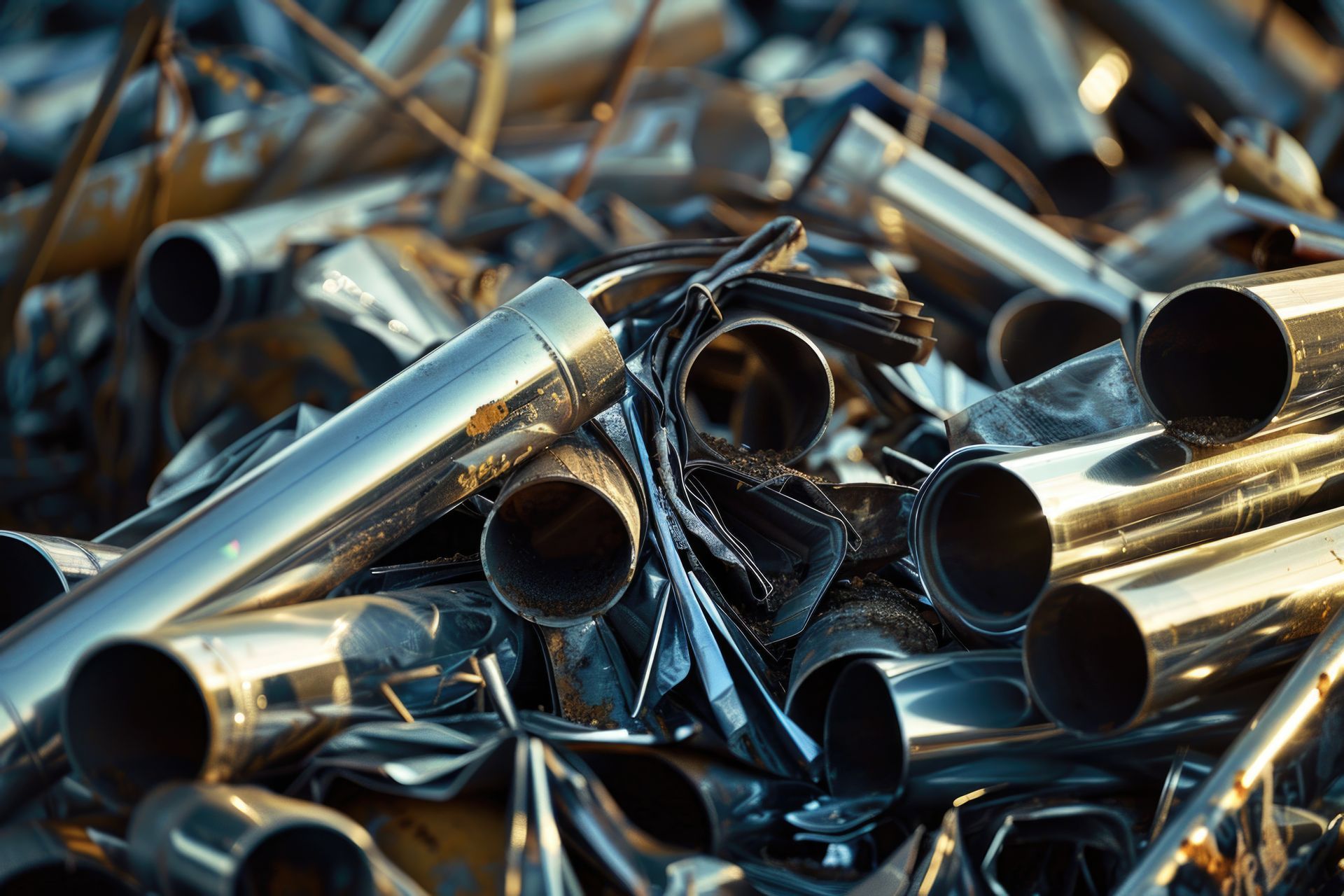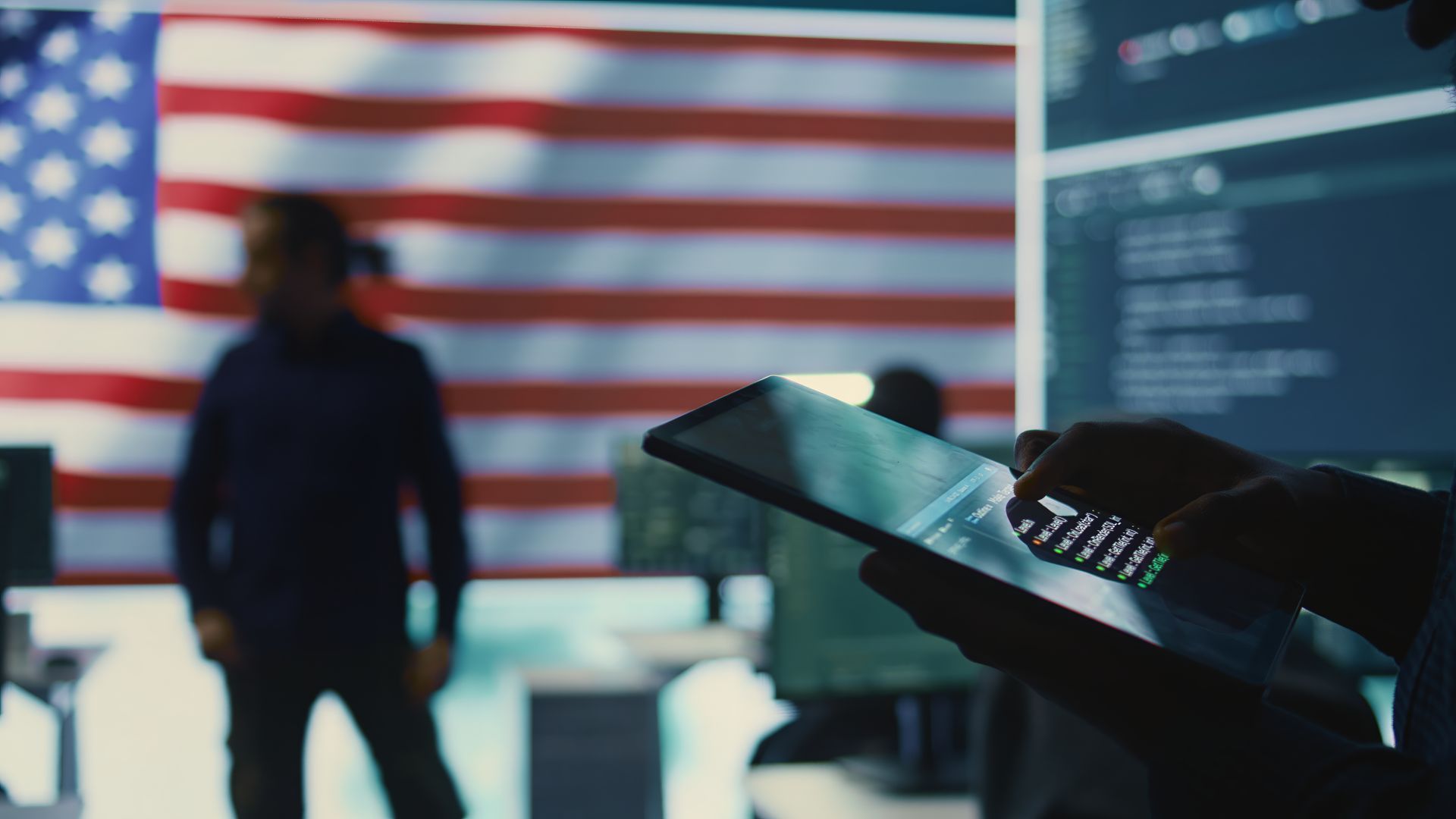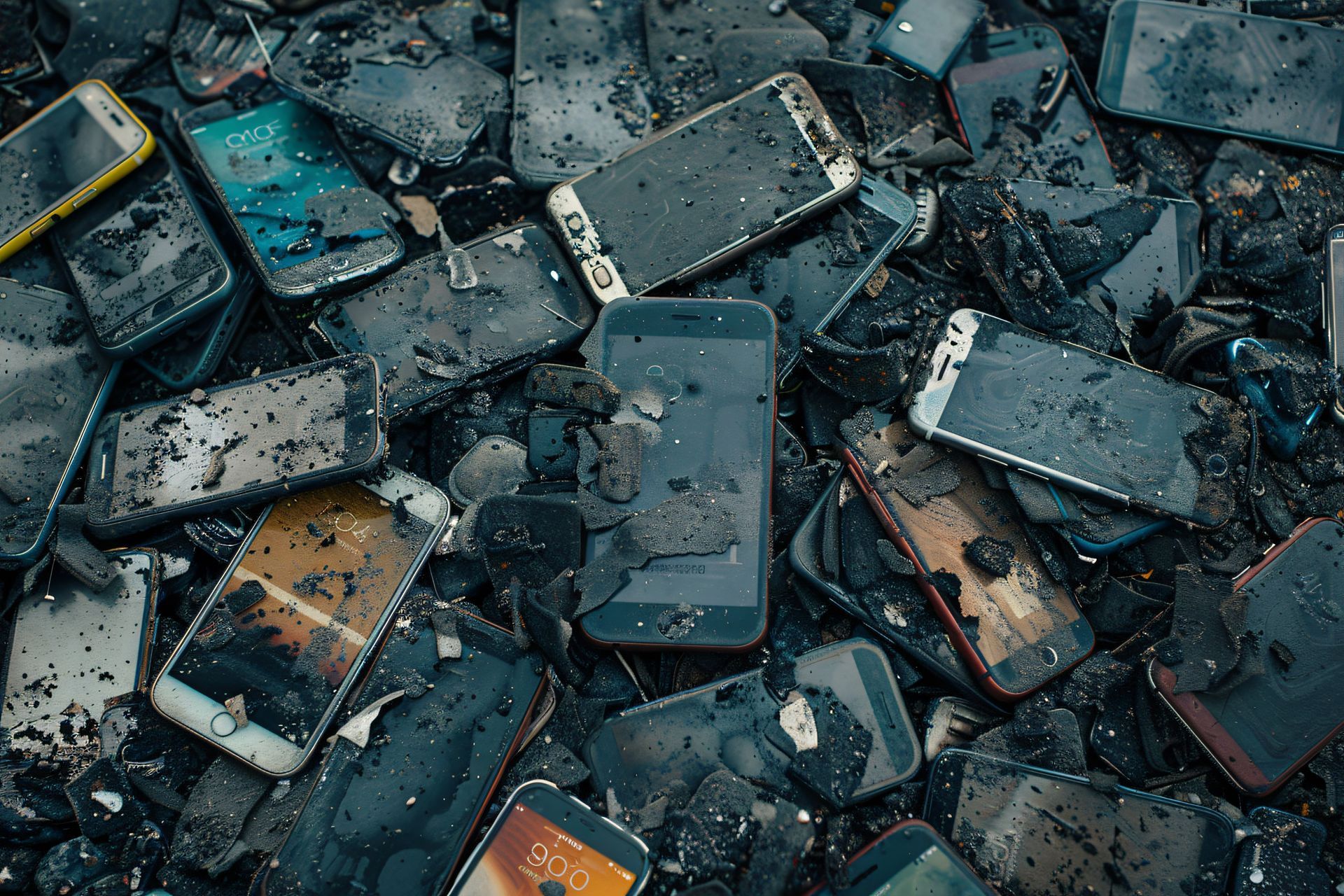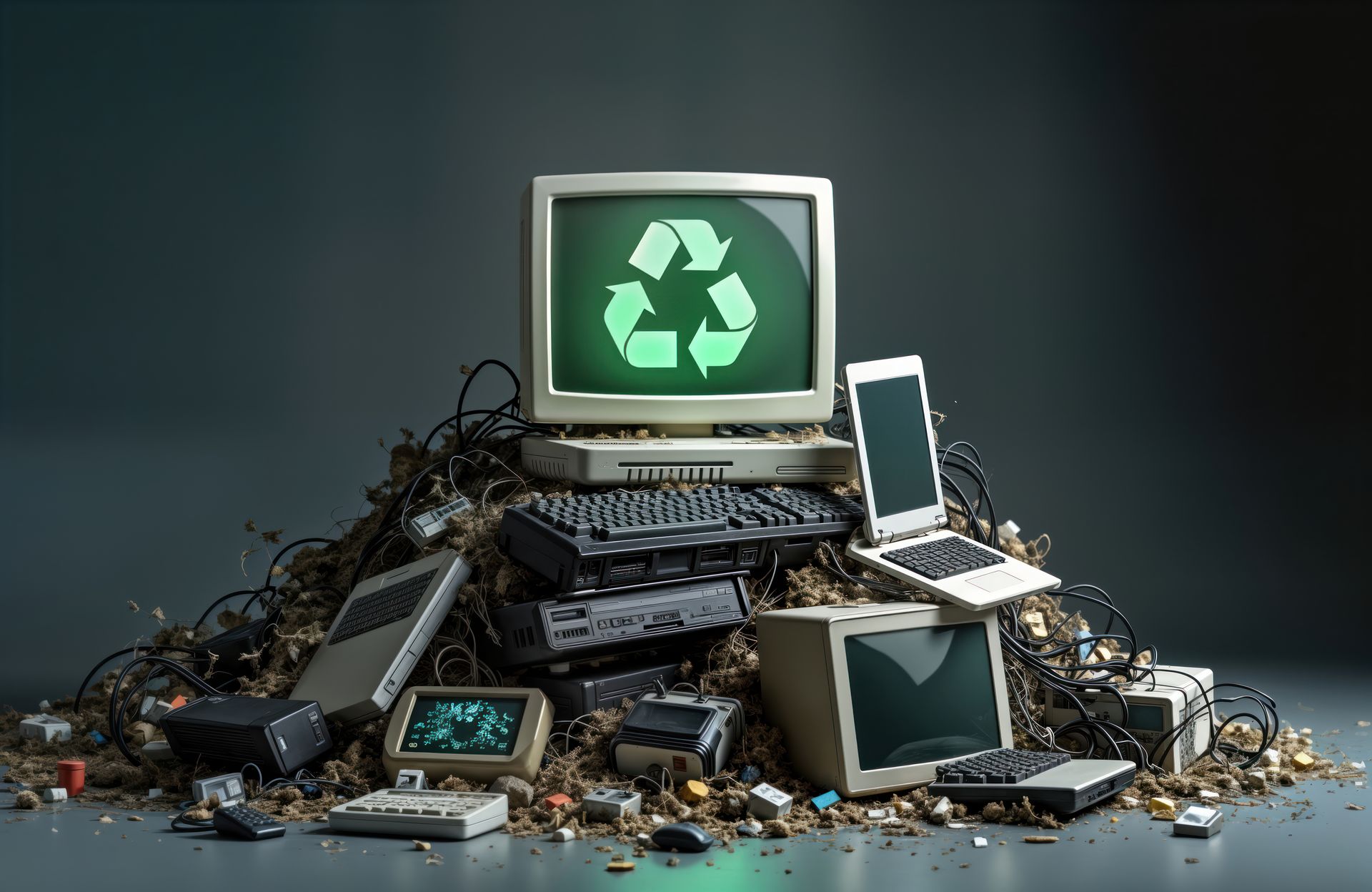Need a Certificate of Destruction? Here’s How to Get One in San Jose
If you’re running a business in San Jose, CA and managing old IT equipment, there’s one document you don’t want to overlook; the Certificate of Destruction (COD).
At NXT Step Recycling, we help Bay Area companies stay compliant and secure with certified IT asset recycling services. Whether you’re clearing out old laptops, decommissioning servers, or securely disposing of hard drives, we make sure you get the documentation you need including your COD.
But what exactly is a Certificate of Destruction? And how do you get one here in San Jose?
Let’s walk through it.
What Is a Certificate of Destruction?
A Certificate of Destruction is a formal document that proves your data or devices were securely destroyed. It’s your paper trail, one that shows you’ve done your due diligence to comply with data privacy laws like:
- HIPAA (for healthcare)
- FACTA (for financial services)
- CCPA (for California consumer data protection)
- And more
This certificate typically includes:
- Date of destruction
- Serial numbers or asset IDs of destroyed items
- Method of destruction (e.g., shredding, degaussing, data wiping)
- Location of destruction
- Company name that handled the destruction (hey, that’s us!)
It’s not just for peace of mind, it’s often legally required, especially if you deal with sensitive data.
Why Is a COD Important for Businesses in San Jose?
Here in the heart of Silicon Valley, data is everywhere. Whether you’re a startup with 10 employees or a large enterprise managing racks of outdated hardware, you’re handling digital info that can’t fall into the wrong hands.
Failing to properly destroy data puts your business at risk of:
- Data breaches
- Lawsuits and regulatory fines
- Brand damage
- Loss of customer trust
-
A Certificate of Destruction is your shield. It proves you took the right steps to protect data and follow California e-waste laws.
Types of Items That Require a Certificate of Destruction
You might be surprised by how many common items contain sensitive data. Here are just a few that we handle regularly at NXT Step Recycling:
- Hard Drives (HDDs/SSDs)
- Solid State Drives
- Backup Tapes
- Servers
- Laptops & Desktops
- Flash Drives & External Storage
- Networking Devices with onboard memory (e.g., switches, routers, firewalls)
- Smartphones and Tablets
- Printers with memory logs
- Point-of-Sale (POS) Systems
If it stores data, it needs secure destruction.
How to Get a Certificate of Destruction in San Jose
Now let’s talk about the steps. The process is simple, and we’ve got it down to a science here at NXT Step Recycling:
1. Schedule a Pickup or Drop-Off
We offer flexible options based on your needs:
- On-site pickup: For businesses with large quantities of IT assets.
- Drop-off at our San Jose location: Convenient for smaller volumes or residential clients.
Just give us a call or book online.
2. We Inventory & Track Your Assets
We tag each item with asset tracking either by serial number, barcode, or asset ID so we can accurately include it in your COD. This is crucial for compliance audits or internal reporting.
3. We Perform Certified Data Destruction
Our methods meet or exceed industry standards:
- Physical shredding
- Degaussing
- NIST 800-88 compliant data wiping
We’re also R2-certified and HIPAA-compliant, so you can trust that your data is handled responsibly.
4. You Receive a Certificate of Destruction
After the job is complete, we’ll send you a PDF Certificate of Destruction via email. It will include:
- Date and time of destruction
- Asset serial numbers
- Destruction method
- Authorized signature
- Our certification credentials
Need it sent to your compliance officer or legal department? No problem, we’ve got you covered.
Who Needs a COD the Most?
We work with a wide range of businesses in San Jose, but here are the industries that most commonly request CODs:
- Healthcare Providers
HIPAA requires proof of data destruction for any devices that once stored patient information.
- Financial Institutions
Banks, credit unions, and accounting firms must follow FACTA and GLBA, and a COD is part of staying audit-ready.
- Schools & Universities
Educational institutions handle tons of student and faculty data, and often rotate through equipment quickly.
- Tech Startups & Enterprises
It’s Silicon Valley, enough said. We work with startups, SaaS companies, and data centers across the Bay Area.
- Government & Municipal Offices
Many public-sector departments in San Jose require CODs to meet regulatory requirements.
What Does a COD Cost?
At NXT Step Recycling, we don’t believe in hidden fees. Your Certificate of Destruction is included in your secure IT asset recycling service, no extra charge.
Have more than 25 devices? We can generate a detailed report with matching serials for compliance, just let us know in advance.
What About Bulk or Ongoing Destruction?
Need regular service? We offer:
- Monthly pickups for ITAD
- On-demand bulk equipment removal
- Annual refresh disposal
And yes, every time, you get a new Certificate of Destruction.
Ready to Get Started?
Whether you’re a growing startup or an enterprise IT team clearing out racks of equipment, we’re here to help make data destruction secure, certified, and stress-free.
Final Thoughts
A Certificate of Destruction isn’t just a document, it’s your proof of compliance, security, and peace of mind. At NXT Step Recycling, we make it easy to do the right thing with your outdated IT assets.
Got questions? Need a quote?
